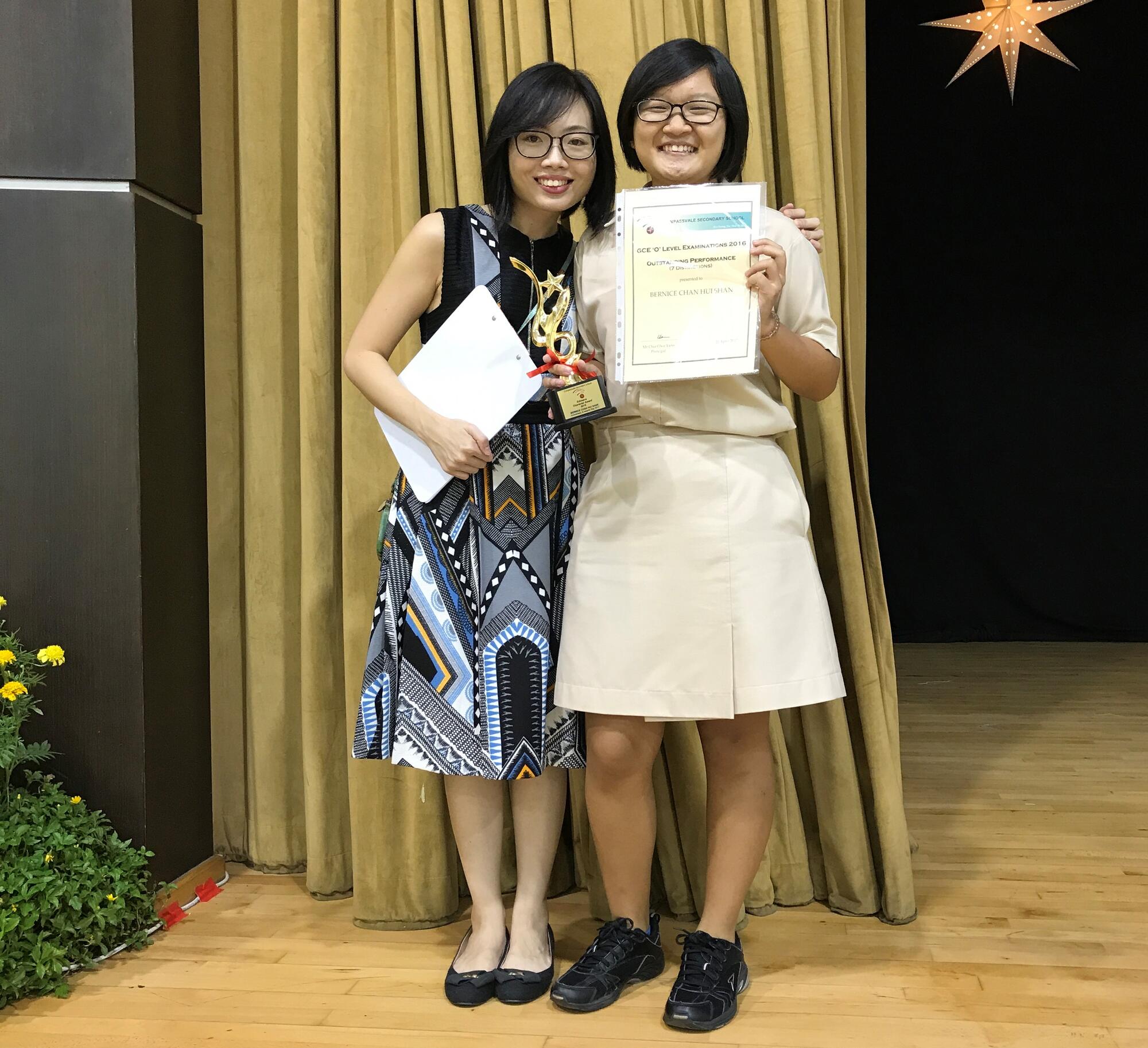Learning Chinese – Every School Can Do It Differently
04 Sep 2008
This is the third article in Schoolbag’s series of 10 features on the primary school Chinese Language curriculum. Read the previous ones here.
An earlier version of this article was published in Lianhe Zaobao on 3 April 2007. For a Chinese version of this article, click here.
Vive la différence! Why should all schools be the same? Every child is unique and would learn more avidly if his or her education is tailored to draw out his or her full potential.
The good news is that primary schools now have more flexibility when it comes to teaching the Chinese language. The new Chinese Language curriculum not only brings changes to key learning processes and outcomes (as we saw in previous articles), it also allows schools to adapt part of the curriculum to the specific needs of their students. Depending on how they best learn, students might find themselves poring over colourfully illustrated guidebooks, exploring the flavours of rare Chinese herbs or pursuing a story as a student reporter.
Every school with its own module
These school-based activities in the new curriculum are no CCA or cultural immersion programme. Called the “school-based module”, it is an integral component of the class timetable, taking up 20-30% of total curriculum time. This module is designed by the school’s own teachers, who come up with teaching materials, methods and assessments while taking into account the special characteristics of their students, especially the latter’s familiarity with the Chinese language.
For example, at some schools most of the students come from English-speaking backgrounds, while other schools have large cohorts who are already fluent in Chinese when they started school. So the former may devise programmes to nurture listening and speaking skills, while the latter forges ahead with reading programmes or writing activities.
The school-based module also doesn’t deviate from the curriculum’s main learning objectives. Students may dabble in Chinese painting or folk handicraft sessions, but only if this promotes their language learning. Ultimately, the module will focus on helping students strengthen their basic skills in listening, reading, speaking and writing in an interesting way.
Teachers as innovators
By giving schools control over part of the curriculum design, teachers can address the specific learning needs of their own students. They can respond to new and changing requirements, as well as inject elements from real-life events and learning technologies to ensure that the module is always up-to-date and effective.
The new curriculum thus reflects the changing role of teachers. Instead of just implementing top-down plans, teachers are now creative innovators who study and design learning packages that match the abilities and affinities of their classes.
Schools can adopt three broad approaches to develop their school-based module:
- They can adopt parts of the Bridging Module or Enrichment Module to reinforce specific learning outcomes;
- They can use and expand materials from the Core Module to provide more varied learning activities; or
- They can design their own teaching and learning materials to offer novel content.
Initially, we expect most schools to use the first approach. But as they gain expertise and confidence, they will eventually progress and adopt the third. Over time, we hope this will result in a more vibrant and multi-faceted landscape of learning for Chinese Language in primary schools. In today’s world where diversity in talent and thought is essential for success, we can ask for no less.
Some possible activities that primary schools could plan in the school-based Chinese Language curriculum:
- Drama in education: employing dramatic and theatrical conventions to enhance students’ oral communication skills and nurture creativity in expression.
- Student reporter training: teaching students basic techniques in news coverage and interviewing, to allow them to improve their verbal skills.
- Reading programme: guiding students’ reading of children’s books to cultivate good reading habits.
Contributed by:
Mr Wang Chu Meng
Chinese Language Curriculum Specialist
MOE
???????????
?????????????????????????????????????????????????????????????????????????????????????????????????????????????,2007???????????????????????
???????
??????????????????“????”????????????????????“????”????????????20%-30%????????????????????????????????????????????????????????????????????????????????????????????
??????????????????????????????????????????????????????????????????????????????????????????????????????????????????????????????????????????
???????
???????????????????????????????????????????????????????????????????????????????????????????????????????????????????????????????????????????????????????????????????????????
????????????????????????????????????????????????????????????????????????????????????????????????????????????????????????????
????????????????????????????????????????????????????????????????????????????????????????????????????????????????
?????????
??????????????????????????????????????
?1???????/???????????????????
?2????????????????
?3??????????????
?????????????????????????????????????????????????????????????????????????????????????????????????????????????????????????????????????????????????????????????????????
?????????????
- ?????Drama-in-Education?????????????????????????????????????????
- ???????????????????????????“???”???????????
- ??????????????????????????????????????
???????????
???????
???
???2008?7?31?







.jpg)


